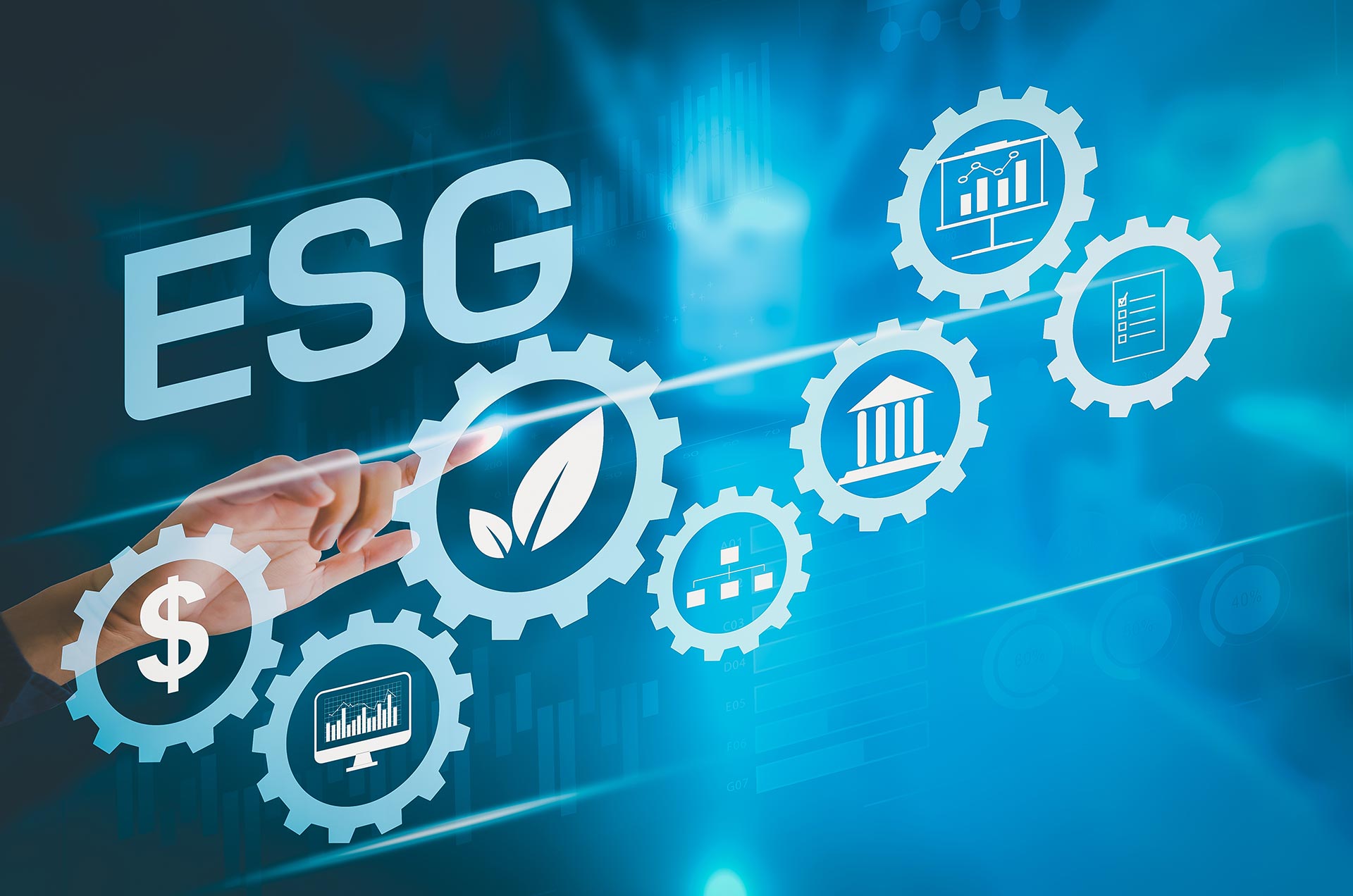The United Nations has defined 17 sustainable development goals (SDG) to deal with the world’s major economic, social, and environmental challenges, which are universally applicable and scalable in context to gauge the impact of Environment, Social and Governance (ESG) strategies. Corporate leaders and governments across the globe are working to strengthen the ESG tools and incorporate sustainability into their strategies and policy. FedEx ESG Leadership Dialogue will focus on aspects of ESG creating value for corporates and other stakeholders, and how it can be meaningful to India’s realities and opportunities.
There is increasing evidence that the weather events across the globe are being intensified by climate change. The consequences will likely have an impact across food production, infrastructure design and maintenance, energy use, insurance, and challenges to supply chains. This is resulting in more companies around the world taking the UN goals into consideration as they develop their management benchmarks. These major goals are creating frameworks to reduce inequalities and encourage responsible consumption and production that ensure positive climate action.
In turn, the SDGs offer a realistic framework for ESG mapping and can help increase the adoption of sustainable investing, encourage responsible corporate behavior, and integrate sector and business specific ESG factors with broader social and environmental goals.
